Xiulai Li
PEP-GS: Perceptually-Enhanced Precise Structured 3D Gaussians for View-Adaptive Rendering
Nov 08, 2024
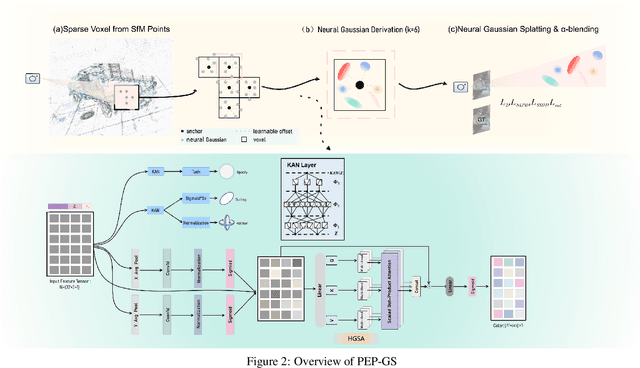
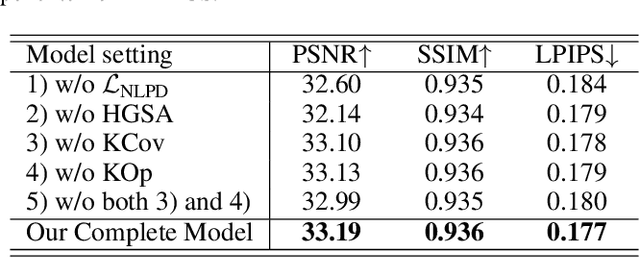
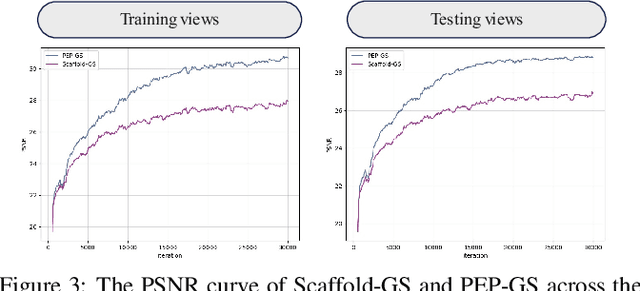
Abstract:Recent advances in structured 3D Gaussians for view-adaptive rendering, particularly through methods like Scaffold-GS, have demonstrated promising results in neural scene representation. However, existing approaches still face challenges in perceptual consistency and precise view-dependent effects. We present PEP-GS, a novel framework that enhances structured 3D Gaussians through three key innovations: (1) a Local-Enhanced Multi-head Self-Attention (LEMSA) mechanism that replaces spherical harmonics for more accurate view-dependent color decoding, and (2) Kolmogorov-Arnold Networks (KAN) that optimize Gaussian opacity and covariance functions for enhanced interpretability and splatting precision. (3) a Neural Laplacian Pyramid Decomposition (NLPD) that improves perceptual similarity across views. Our comprehensive evaluation across multiple datasets indicates that, compared to the current state-of-the-art methods, these improvements are particularly evident in challenging scenarios such as view-dependent effects, specular reflections, fine-scale details and false geometry generation.
A Novel Optimized Asynchronous Federated Learning Framework
Nov 18, 2021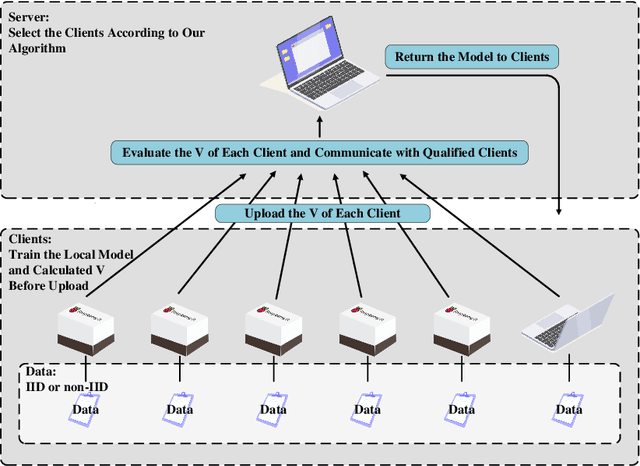
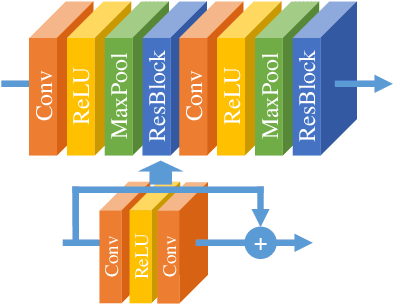
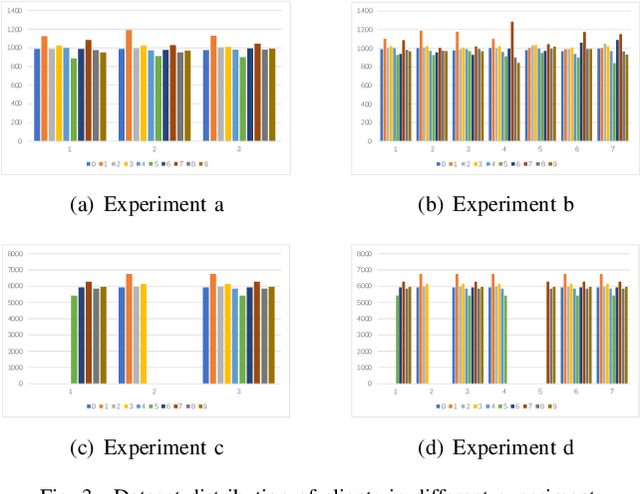
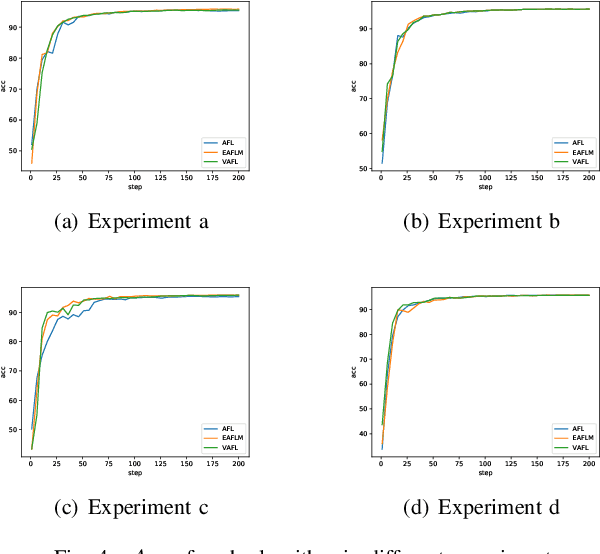
Abstract:Federated Learning (FL) since proposed has been applied in many fields, such as credit assessment, medical, etc. Because of the difference in the network or computing resource, the clients may not update their gradients at the same time that may take a lot of time to wait or idle. That's why Asynchronous Federated Learning (AFL) method is needed. The main bottleneck in AFL is communication. How to find a balance between the model performance and the communication cost is a challenge in AFL. This paper proposed a novel AFL framework VAFL. And we verified the performance of the algorithm through sufficient experiments. The experiments show that VAFL can reduce the communication times about 51.02\% with 48.23\% average communication compression rate and allow the model to be converged faster. The code is available at \url{https://github.com/RobAI-Lab/VAFL}
 Add to Chrome
Add to Chrome Add to Firefox
Add to Firefox Add to Edge
Add to Edge